Should Europe Build Its Own Social Media?
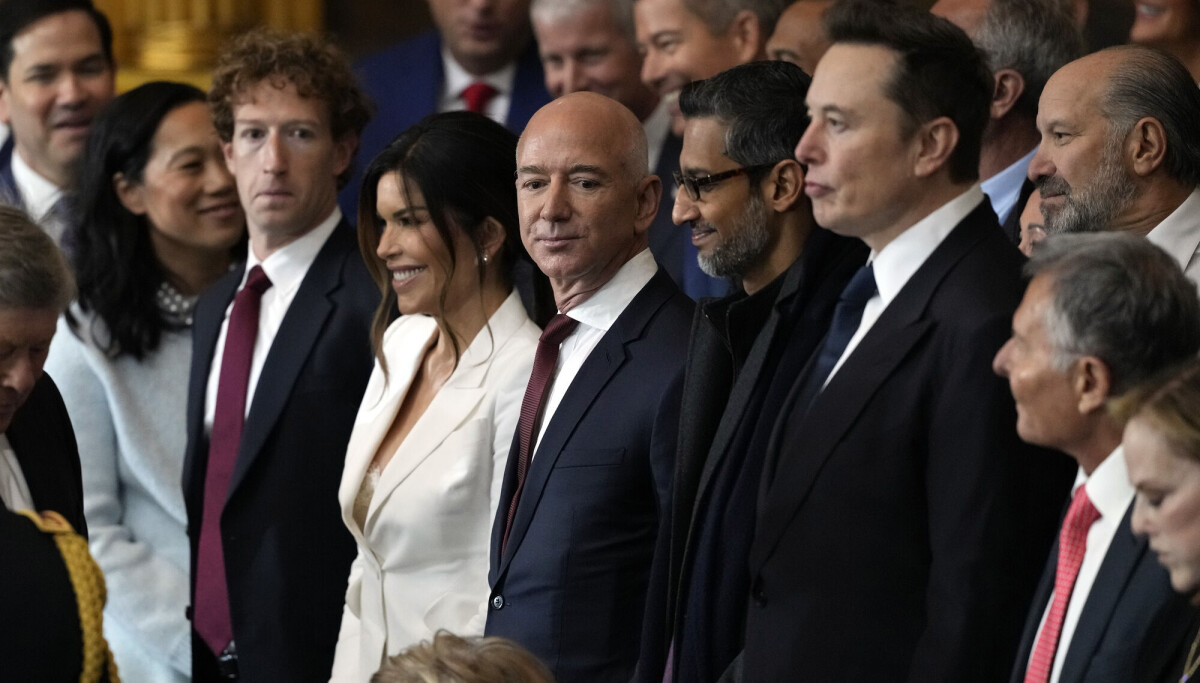
Send us a link

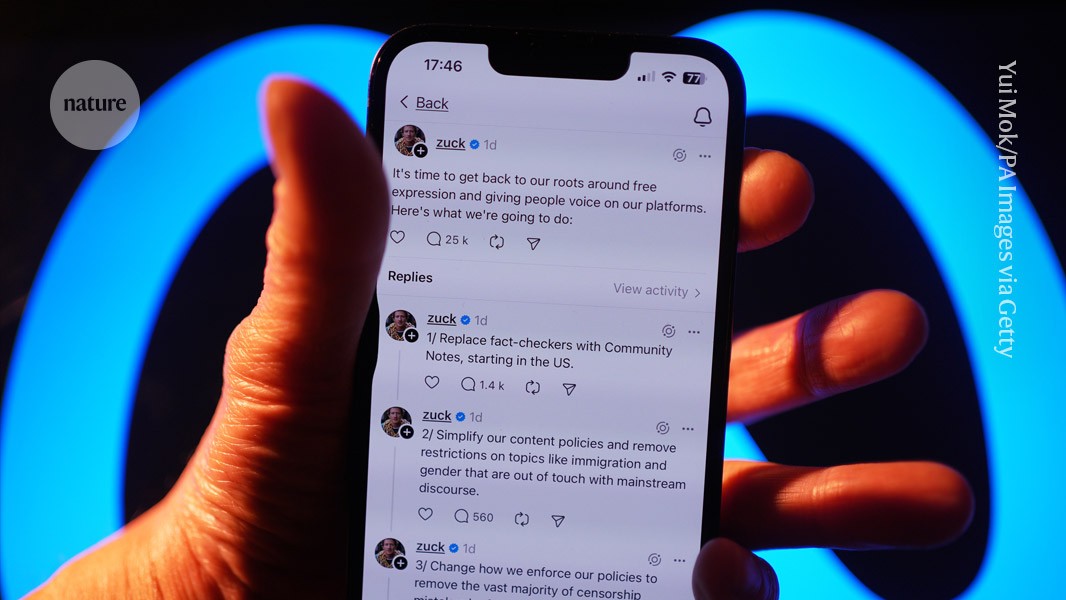
Changes to the social media platform make further use “untenable”
Less than 1% of Twitter users posted 80% of misinformation about the 2020 U.S. presidential election
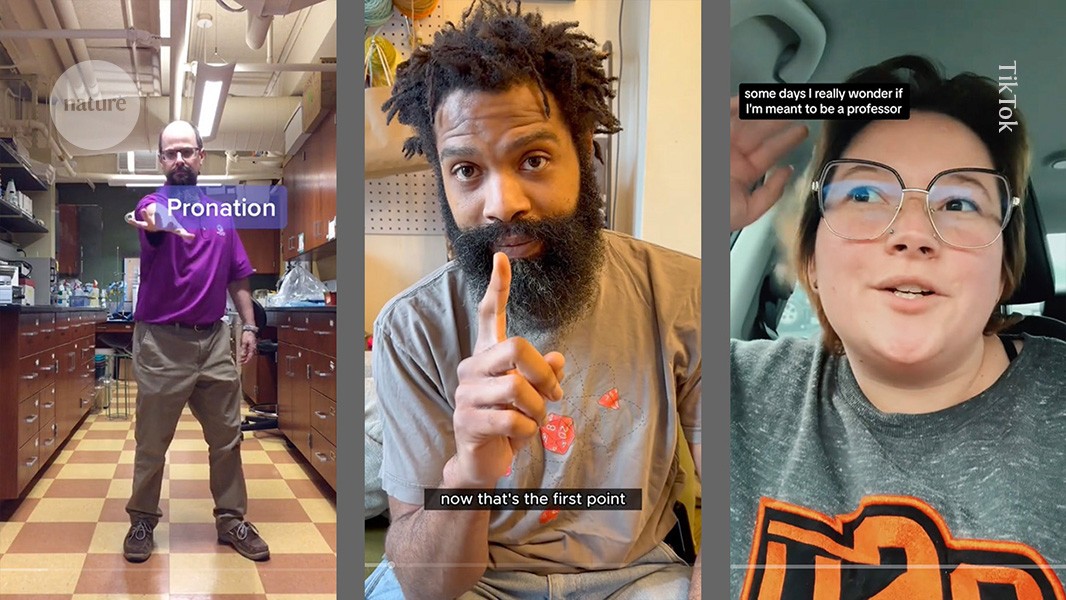
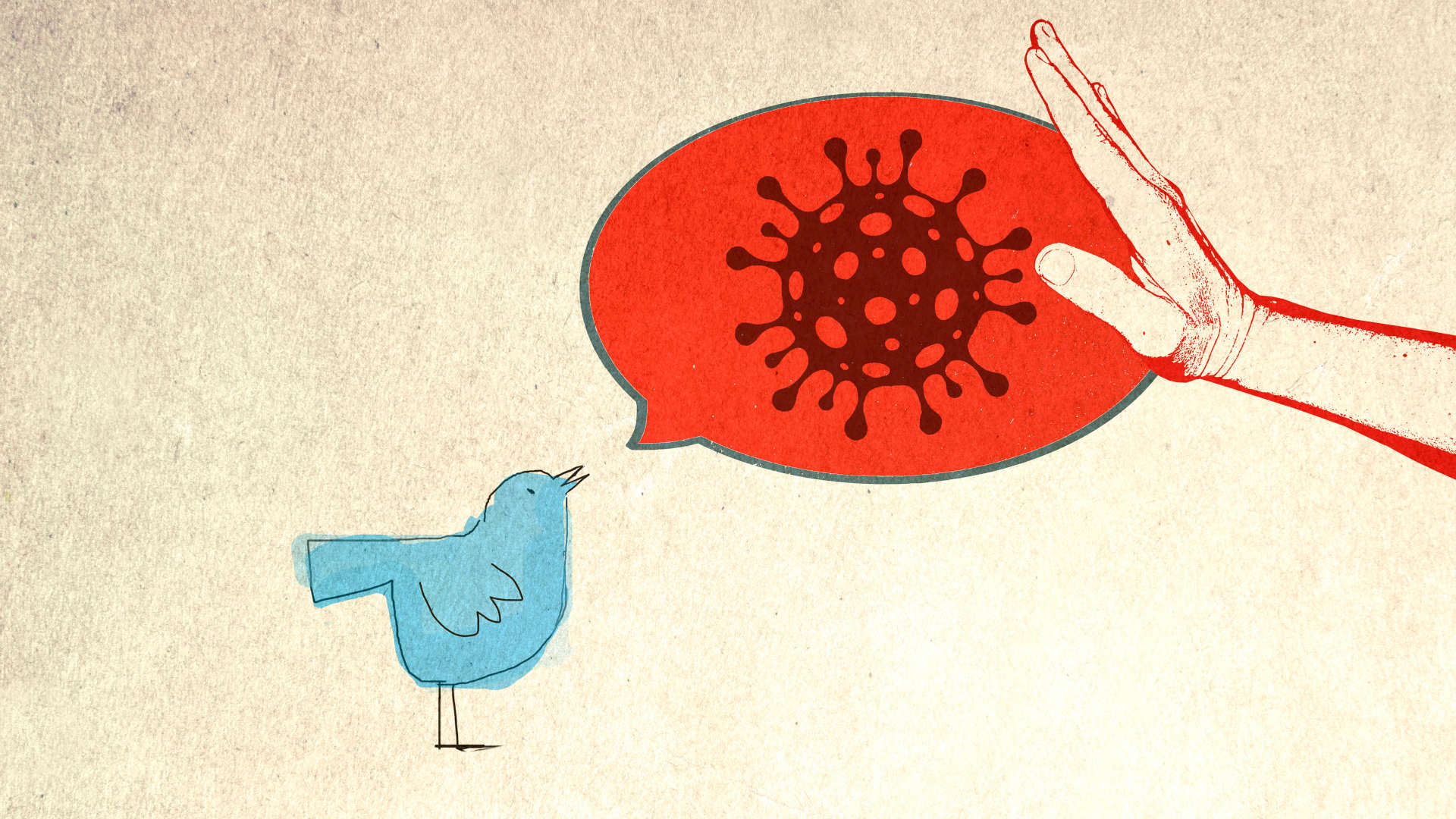
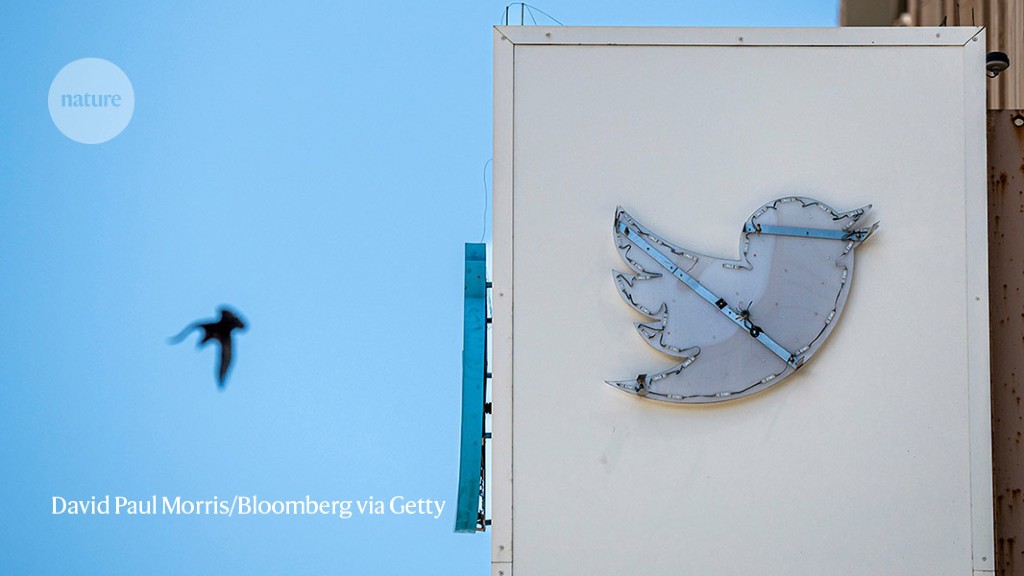
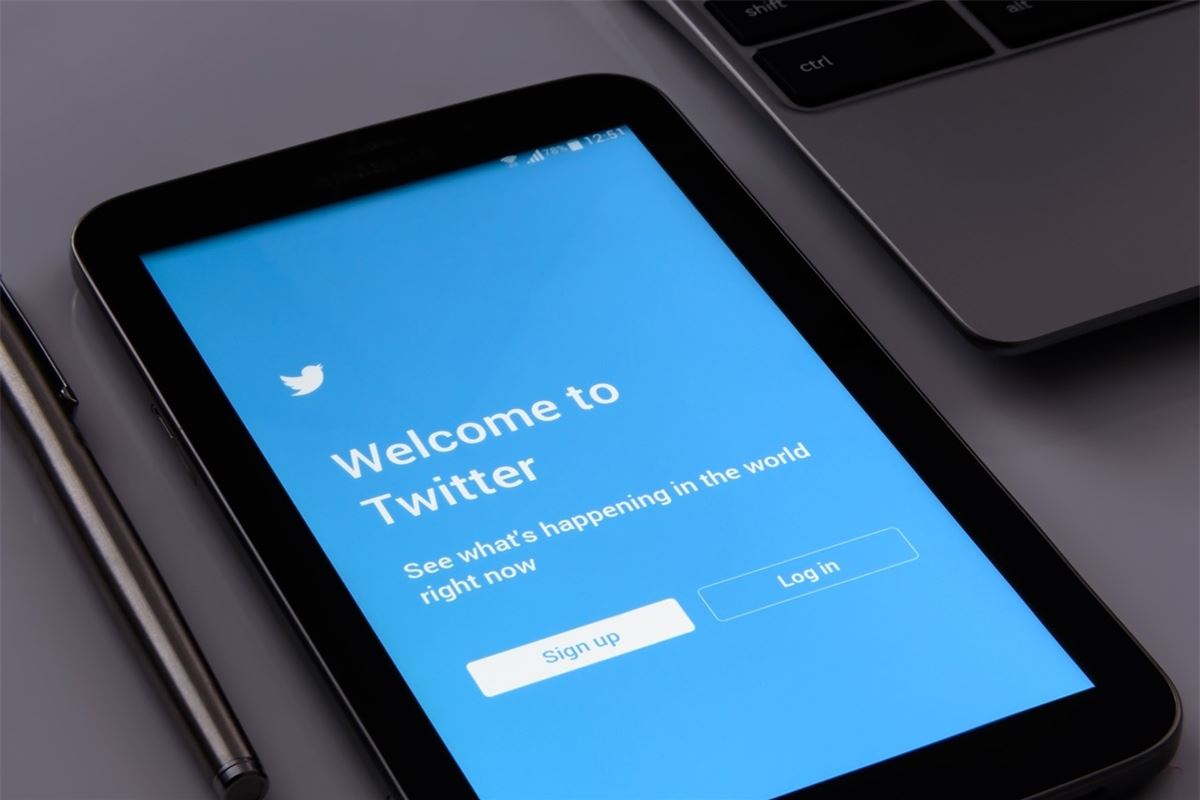
Since its purchase by Elon Musk last year, Twitter has undergone a series of rapid changes, largely with an eye to making the platform profitable. Considering these developments and those on other platforms, Mark Carrigan, suggests that just as academic social media has become relatively mainstream the dynamics underpinning academic engagement on social media have fundamentally shifted towards a pay to play model.
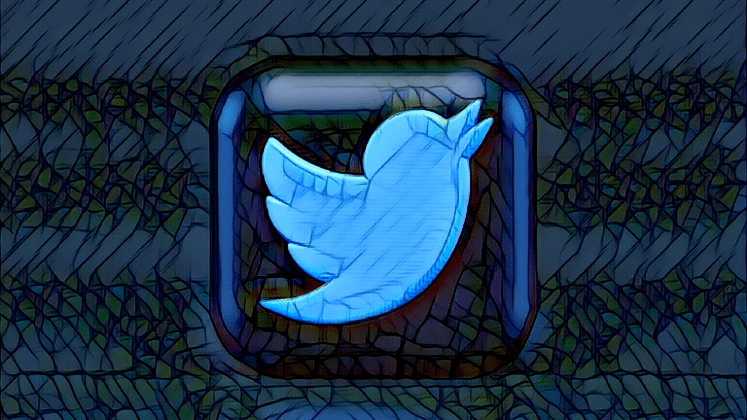
Utilizing data from Twitter and applying natural language processing artificial intelligence algorithms, researchers created a new, accurate prediction model for depression and anxiety.
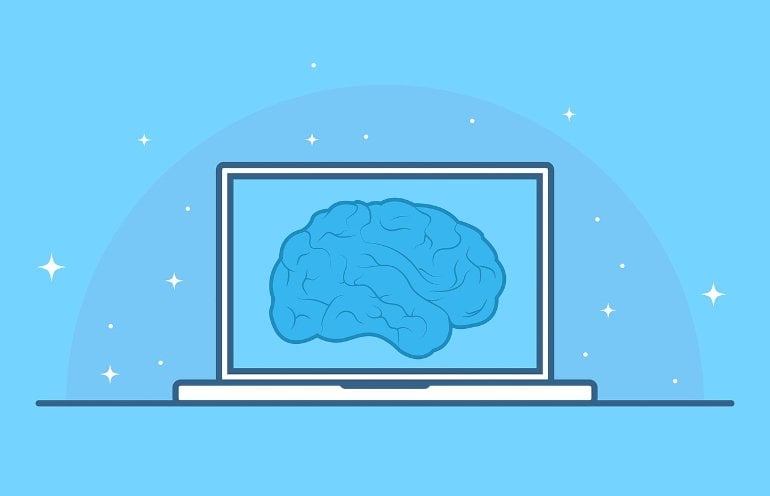
Podcast: Nature's experts delve into Twitter.
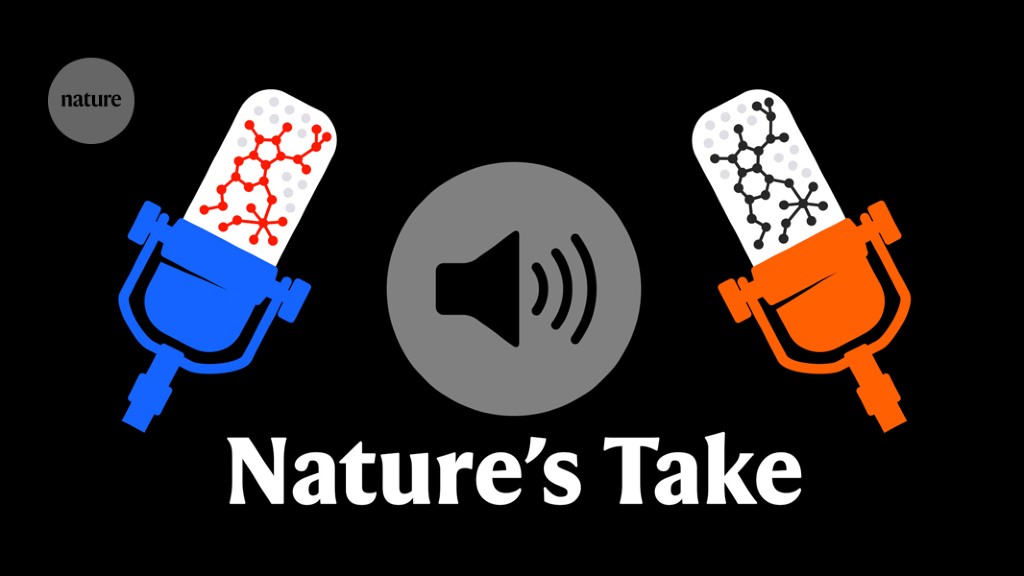
A controversial policy change threatens to upend large social-media studies.
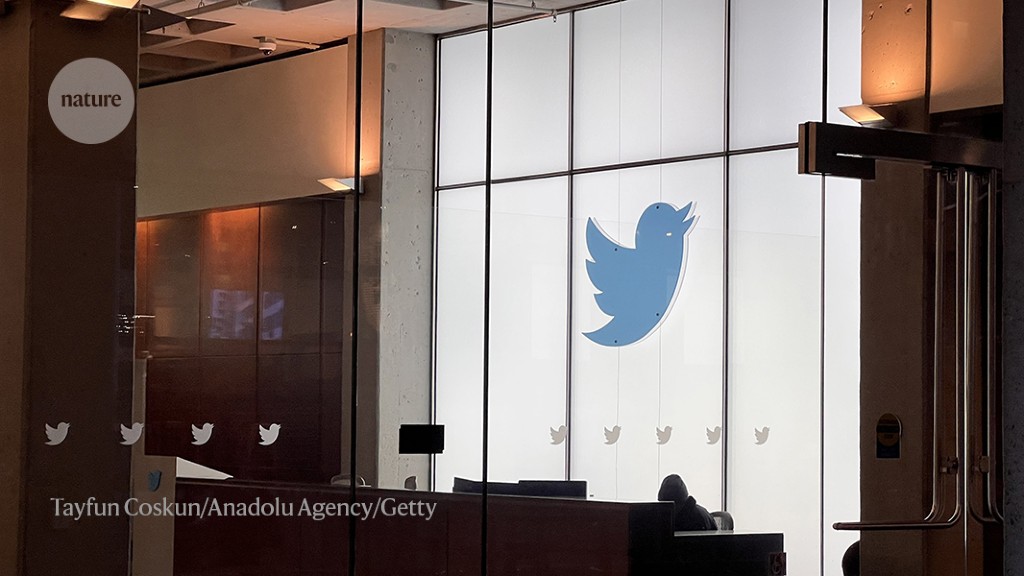
Peter Hotez says anti-science sentiments fueled by twitter are being weaponized by businessmen and politicians seeking profits and power.

Elon Musk wants to run Twitter like SpaceX. But human behavior will make it much more difficult

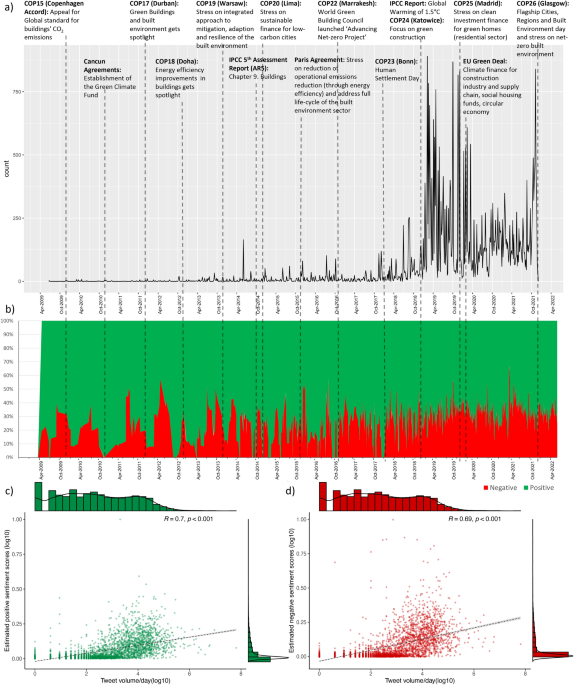
The world's richest man promises more than he has delivered. His social network purchase is likely to go the same way
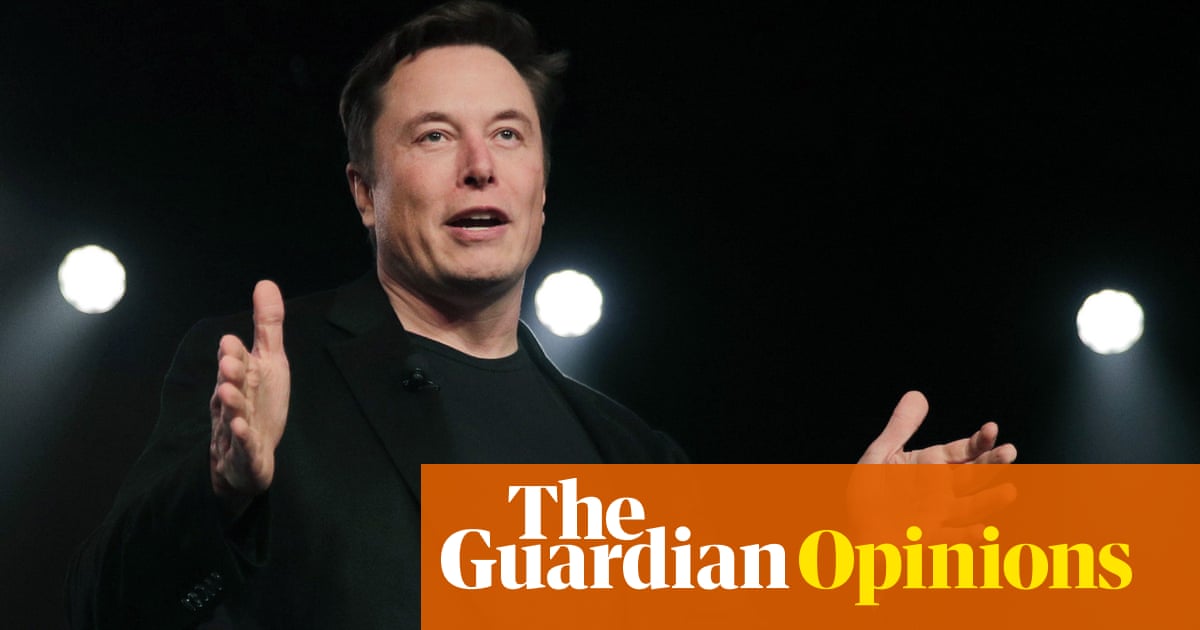
What has been the impact of fake news on votes for populist parties in recent elections?
Scientists can take practical steps to prevent or pre-empt problems on social media.

Examining how social media affects the public cognitive and affective factors further influences their attitudes towards COVID-19 governance policy.
Redesigning social media to improve society requires a new platform for research.
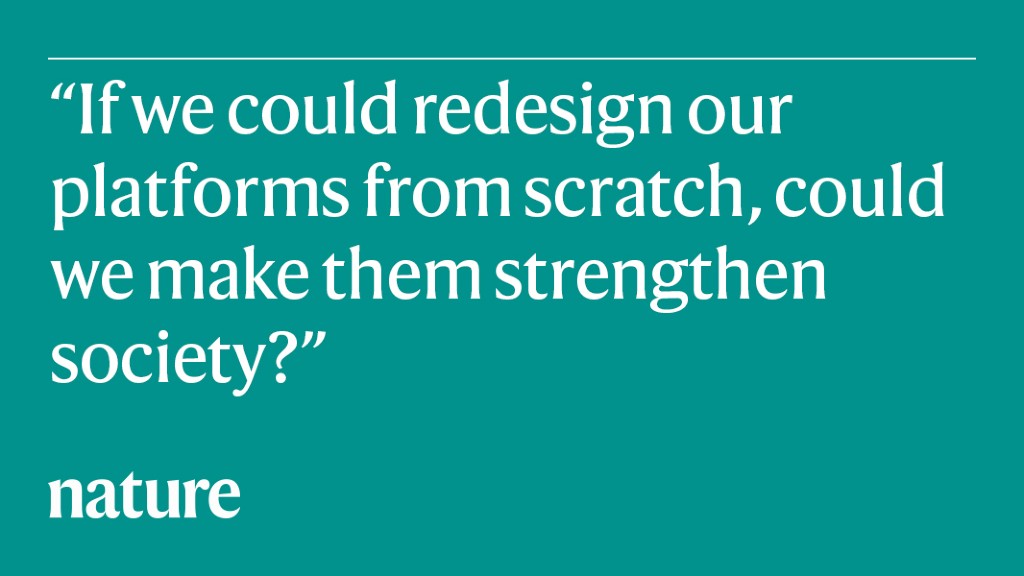
A report by activists found that half of debunked online disinformation targeting three prominent scientists remains live and unlabelled.
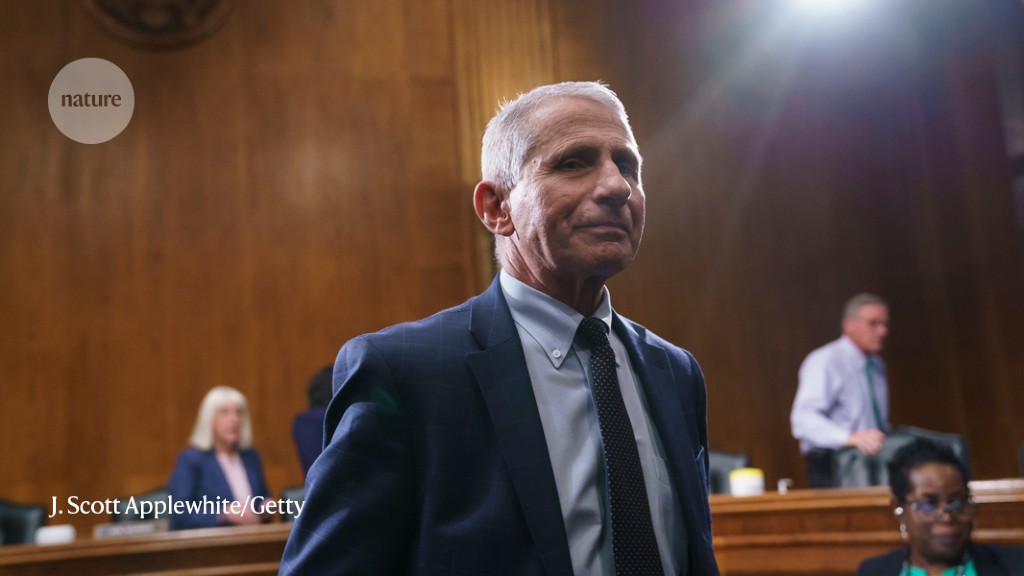
Should YouTube treat climate misinformation the same way it treats Covid-19 misinformation? A top U.S. climate expert says yes.
Are social media bad for your mental health?
Article Attention Scores for papers don't seem to add up, leading one to question whether Altmetric data are valid, reliable, and reproducible.

The president's blunt statement capped weeks of frustration in the White House over the spread of vaccine disinformation on Facebook and other platforms.
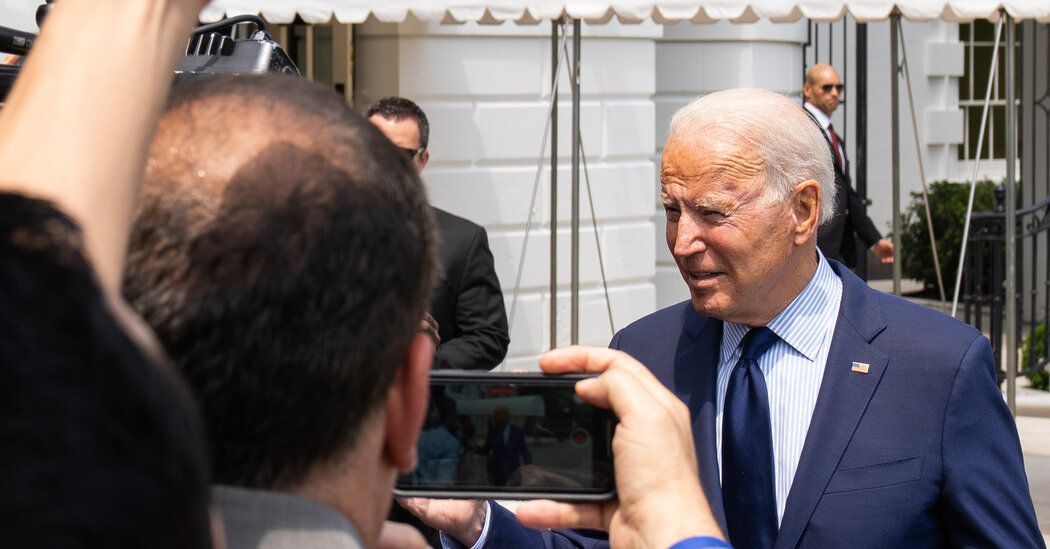
The Covid crisis has shown that consensual information-sharing does not have to erode our democratic rights.
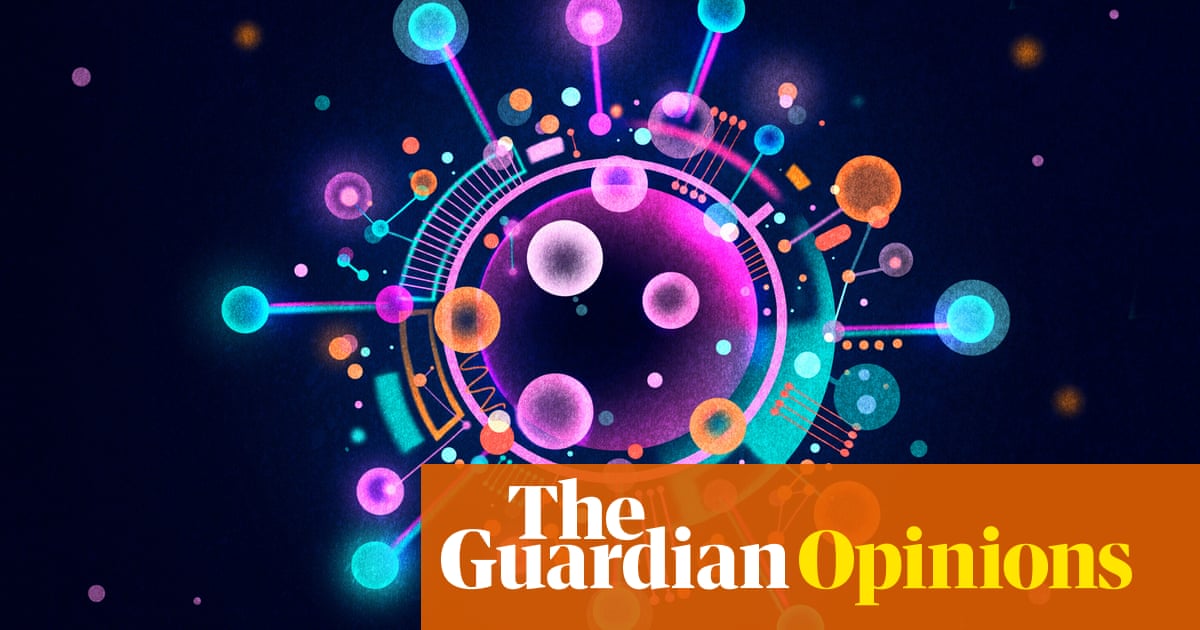
Companies like Facebook aren’t building technology for you, they’re building technology for your data. They collect everything they can from FB, Instagram, and WhatsApp in order to sell visibility into people and their lives.
A Guardian investigation exposes the breadth of state-backed manipulation of the platform.
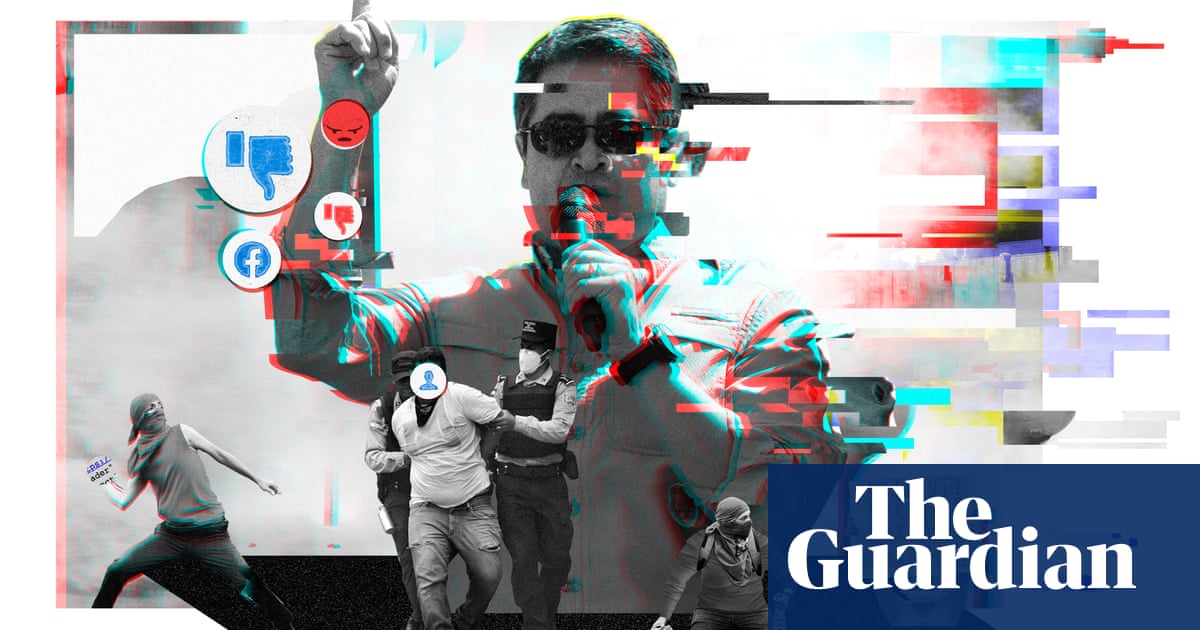
The company's explanations have been confusing and inconsistent, but there are finally some answers.
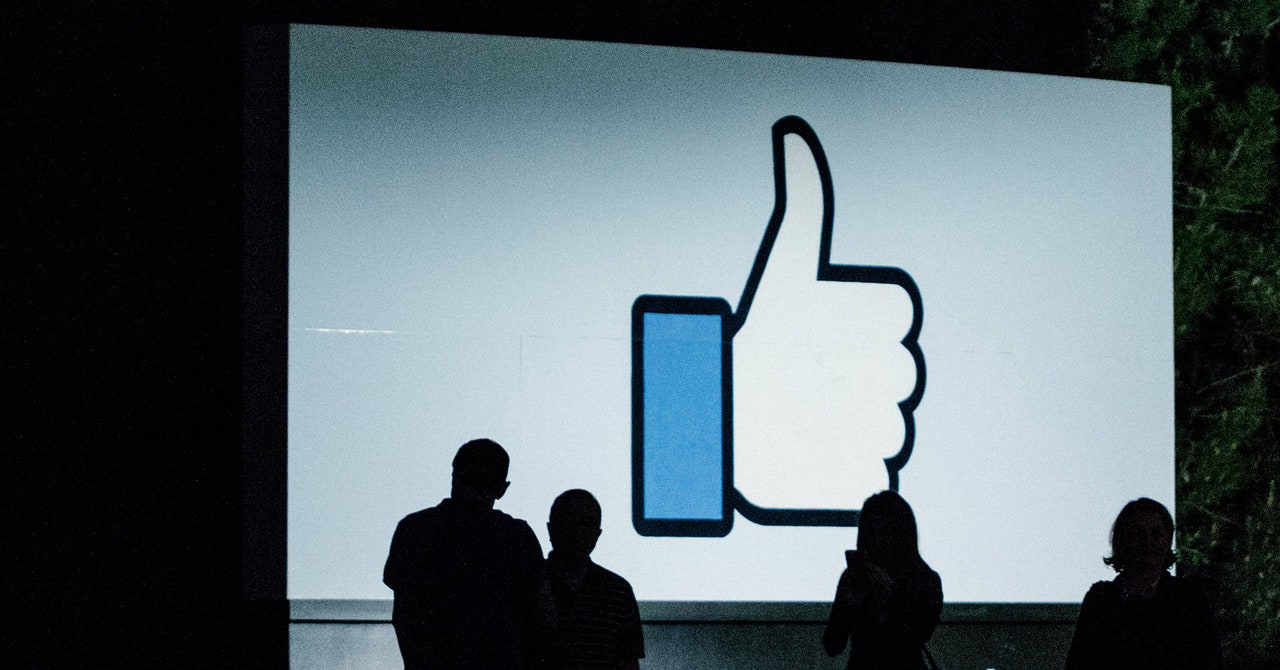
In 2019, I made a painful decision. But to the algorithms that drive Facebook, Pinterest, and a million other apps, I'm forever getting married.
